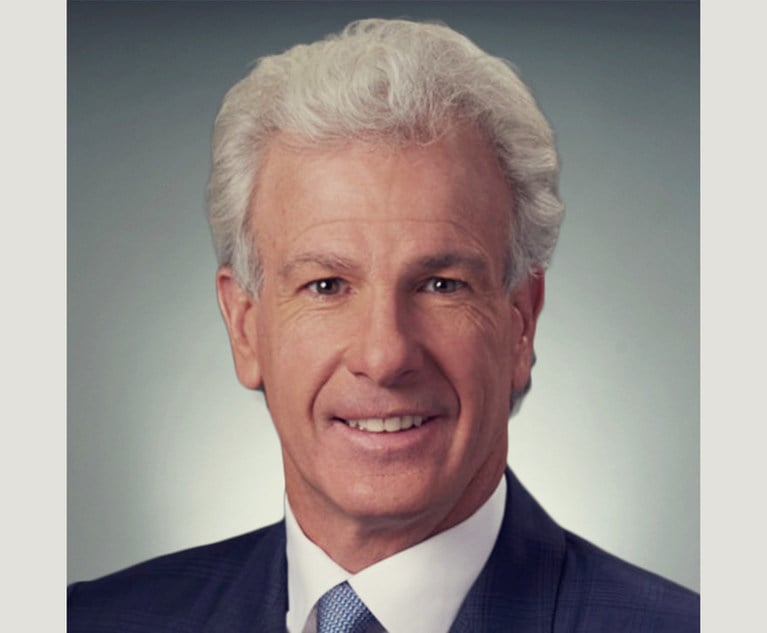A few weeks ago, the U.S. Supreme Court heard argument in a tax case about attorney-client privilege. See In re Grand Jury, No. 21-1397 (U.S. arg. Jan. 9, 2023). The outcome would have potentially had a real impact on how environmental practitioners think about environmental audits, environmental management systems, and other circumstances in which an environmental professional and a lawyer cooperate to analyze a client’s situation. But, perhaps because the oral argument so confused everyone, on Jan. 23, the court dismissed the case on the ground that certiorari had been improvidently granted. So now instead of guidance, we have uncertainty.
Federal Rule of Evidence 501 provides that unless a statute, the Constitution, or another federal rule is to the contrary, “the common law—as interpreted by U.S. courts in the light of reason and experience—governs a claim of privilege … .” However, in a civil case where state law provides the rule of decision, state law governs. Pennsylvania Rule of Evidence 501 preserves the common law of privilege in state court.
This content has been archived. It is available through our partners, LexisNexis® and Bloomberg Law.
To view this content, please continue to their sites.
Not a Lexis Subscriber?
Subscribe Now
Not a Bloomberg Law Subscriber?
Subscribe Now
LexisNexis® and Bloomberg Law are third party online distributors of the broad collection of current and archived versions of ALM's legal news publications. LexisNexis® and Bloomberg Law customers are able to access and use ALM's content, including content from the National Law Journal, The American Lawyer, Legaltech News, The New York Law Journal, and Corporate Counsel, as well as other sources of legal information.
For questions call 1-877-256-2472 or contact us at [email protected]


 David Mandelbaum, Greenberg Traurig.
David Mandelbaum, Greenberg Traurig.




